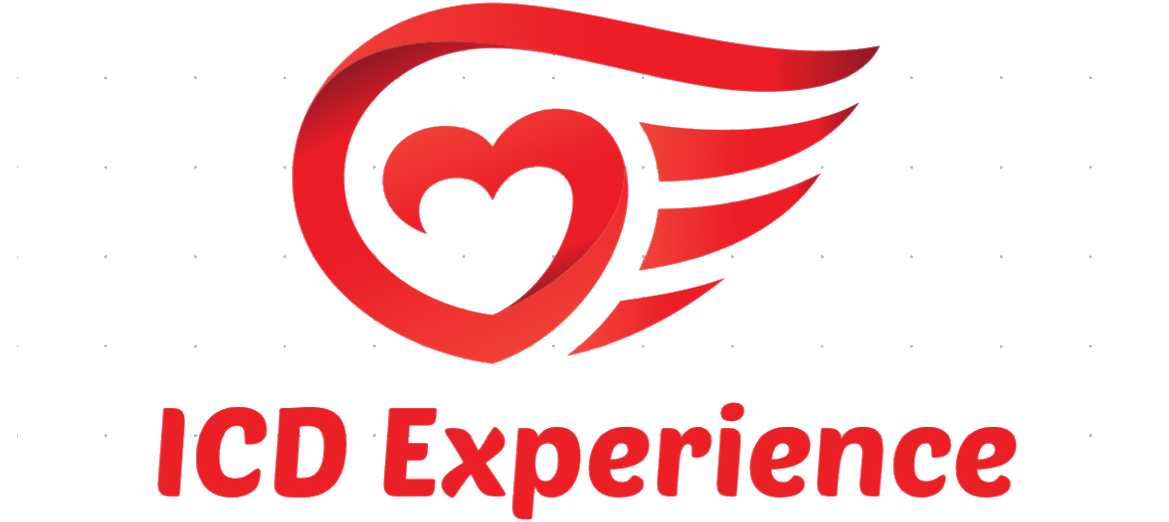Living with an Implantable Cardioverter Defibrillator (ICD) requires lifestyle adjustments, but it doesn’t mean giving up on engaging hobbies and interests. Embracing activities that align with cardiac health and mental well-being can significantly enhance the quality of life for ICD patients. This article explores various engaging hobbies that ICD patients can enjoy safely while maintaining an active and fulfilling lifestyle.
Rediscovering Old Passions
Engaging in familiar hobbies can provide comfort and continuity for ICD patients. Whether it’s painting, knitting, playing a musical instrument, or gardening, these activities can be adapted to fit your new lifestyle while still bringing immense satisfaction and joy. It’s crucial to make necessary modifications to accommodate physical limitations or precautions related to your ICD. For example, pacing yourself during physical exertion or using specialized equipment can help you safely enjoy these hobbies.
Rediscovering old passions also reinforces your identity beyond the ICD, reminding you that your device doesn’t define who you are. The familiar rhythms of a favorite hobby can offer a sense of normalcy, enhancing mental well-being and providing a creative outlet. For more tips on adjusting hobbies, you can explore resources like the American Heart Association for guidance on safe activities for heart patients.
Exploring New Interests
The implantation of an ICD can be an opportunity to explore new hobbies and interests. Trying something new can invigorate, offering fresh perspectives and renewed enthusiasm for life. Consider engaging in creative pursuits like photography, writing, or crafting, which are both mentally stimulating and relaxing. For those interested in more physical activities, look into options like yoga, tai chi, or swimming, all of which are generally safe and beneficial for cardiac health.
By diversifying your interests, you not only enhance your ICD patient lifestyle but also build resilience and adaptability in the face of change. Engaging in new activities can boost confidence and provide a sense of accomplishment, helping you embrace your ICD journey with positivity.
The Role of Physical Activity
Regular physical activity is essential for maintaining cardiac health and overall well-being. While consulting with healthcare providers about appropriate exercise levels is crucial, many ICD patients find great benefits in incorporating physical activities into their hobbies. Engaging hobbies like walking, cycling, or golf can be enjoyable and fulfilling, promoting heart health and mental well-being.
Participating in group classes or clubs can provide a sense of community and support, making exercise a more enjoyable and social experience. Always listen to your body and avoid pushing beyond your limits to ensure safety and prevent strain. For more information on exercises for ICD patients, visit our blog article on safe exercises.
Creative Expression and Mental Well-being
Creative hobbies offer a powerful outlet for self-expression and emotional release. Activities such as painting, drawing, writing, or playing music can be therapeutic, providing a means to process emotions and reduce stress. These pursuits allow ICD patients to channel their creativity and focus their minds, often resulting in a calming and meditative experience.
Creative expression can also be a way to share your journey with others, fostering a sense of connection and understanding. Writing a blog, creating art, or composing music about life with an ICD can empower individuals to reclaim their narrative and celebrate their resilience. Internal support from communities like the ICD Forum can provide further encouragement and inspiration.
Social Hobbies and Community Engagement
Engaging in social hobbies is vital for maintaining a sense of community and belonging. Activities such as joining a book club, participating in community theater, or volunteering can provide opportunities to meet new people and form meaningful connections. These interactions are crucial for emotional support and can help combat feelings of isolation or loneliness.
Finding a supportive community can make a significant difference in your quality of life as an ICD patient. Connecting with others who share similar experiences fosters camaraderie and shared understanding. Support groups or clubs specifically for individuals with heart conditions provide a safe space to share challenges and triumphs.
Adapting Hobbies to Your Needs
Adapting hobbies to fit the needs of ICD patients is often a matter of making small adjustments. For physically demanding activities, consider modifying the intensity or duration to match your current fitness level. Utilize adaptive tools or equipment designed to make certain tasks more accessible and manageable.
For example, ergonomic tools can make gardening easier, while lightweight cameras are ideal for photography enthusiasts. Adaptations might also include setting realistic goals, pacing oneself, and allowing for rest periods. The key is to remain flexible and open to change, ensuring that hobbies remain enjoyable and sustainable over time.
The Importance of Routine
Establishing a routine that incorporates hobbies and interests can provide structure and stability in daily life. Routine can help ICD patients manage their time effectively, balancing necessary medical care with enjoyable activities. Having a schedule that includes dedicated time for hobbies can also serve as motivation and a reminder to prioritize self-care and leisure.
A consistent routine contributes to overall well-being, offering a sense of control and predictability. It encourages engagement with hobbies as a regular part of life rather than an occasional indulgence. By integrating hobbies into daily life, ICD patients can foster a balanced and fulfilling lifestyle.
The Therapeutic Benefits of Nature
Nature-based hobbies, such as hiking, birdwatching, or gardening, offer unique therapeutic benefits for ICD patients. Spending time in nature can reduce stress, improve mood, and promote relaxation. The sights and sounds of the natural world provide a peaceful backdrop for reflection and rejuvenation.
Gardening, in particular, is an excellent hobby for those with ICDs. It combines physical activity with creativity and offers the satisfaction of nurturing living plants. Whether tending to a small balcony garden or cultivating a larger plot, gardening provides a sense of purpose and accomplishment. It also encourages mindfulness and a deeper connection with the environment.
The Value of Mindfulness and Meditation
Mindfulness and meditation can be valuable additions to any ICD patient’s repertoire of hobbies. These practices promote mental clarity, reduce anxiety, and enhance emotional resilience. Mindfulness involves being present in the moment and fully engaging with one’s surroundings and experiences.
Incorporating mindfulness into hobbies can deepen the enjoyment and fulfillment derived from these activities. Whether practicing mindful walking, cooking, or crafting, the focus on the present moment can heighten sensory awareness and create a sense of inner peace. Meditation, similarly, offers a way to center the mind and cultivate tranquility, making it an ideal complement to other hobbies and interests.
Staying Motivated and Overcoming Challenges
While engaging in hobbies and interests can be enriching, it’s not uncommon for ICD patients to face challenges in maintaining motivation. Fatigue, emotional ups and downs, and health concerns can sometimes dampen enthusiasm. It’s important to acknowledge these feelings and find ways to navigate them.
Setting small, achievable goals can help maintain momentum and provide a sense of accomplishment. Seeking support from friends, family, or support groups can also offer encouragement and accountability. Remember that it’s okay to take breaks and adjust activities as needed. The key is to remain patient and persistent, recognizing that hobbies are meant to be a source of joy and not a source of stress.
Conclusion
Living with an ICD presents unique challenges, but it also offers opportunities for growth and discovery. Engaging hobbies for ICD patients play a vital role in enhancing the quality of life and promoting well-being. By exploring new activities, adapting old ones, and engaging with the community, individuals can find fulfillment and joy in everyday life.
Hobbies provide a sense of purpose, creativity, and connection, all of which contribute to a balanced and fulfilling lifestyle. Embracing these activities allows ICD patients to focus on their strengths and passions, empowering them to lead rich and meaningful lives. By prioritizing engagement and adaptation, ICD patients can continue to thrive and find happiness in the pursuits that bring them joy.












